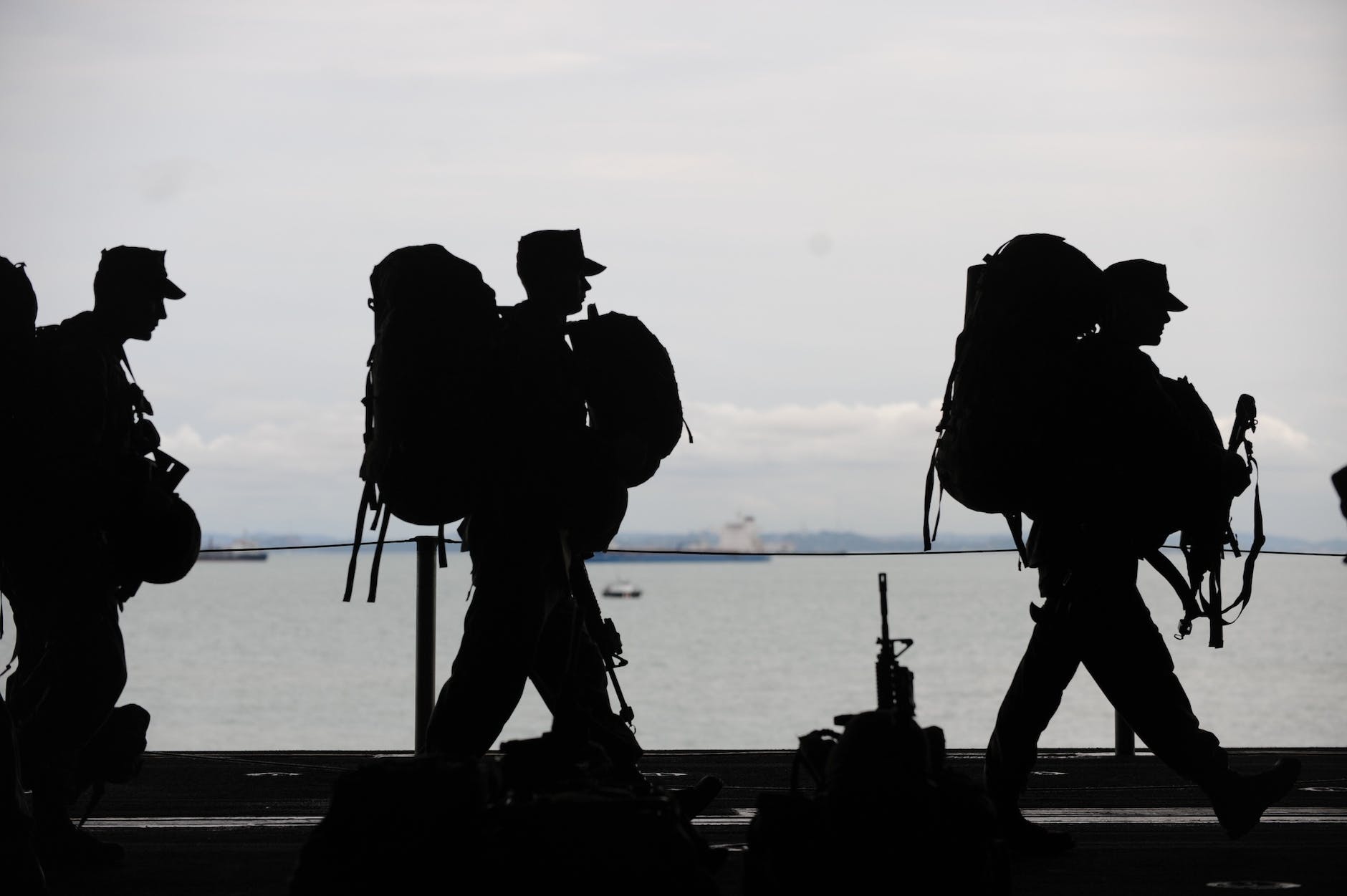Metal Detector Enthusiast Uncovers Possible WWII Surgeon’s Scalpel from D-Day Landings in Normandy

In a remarkable discovery, a metal detector enthusiast in Normandy stumbled upon a hidden piece of history—an authentic surgeon’s scalpel that is believed to have been used by a medic during the momentous D-Day landings of World War II. This finding not only sheds light on the intense and challenging conditions faced by medical personnel during the largest amphibious assault in history but also serves as a poignant reminder of the sacrifices made on the battlefield.
The D-Day Landings and the Role of Medics
On June 6, 1944, Allied forces launched a daring and audacious operation to liberate Western Europe from Nazi occupation. Codenamed Operation Overlord, this military endeavor involved a massive amphibious invasion of the beaches of Normandy, France. The D-Day landings marked a crucial turning point in World War II and paved the way for the eventual Allied victory.
During the intense and chaotic battles that ensued on the beaches, medics played a vital role in providing immediate and life-saving medical assistance to injured soldiers. The urgency and exigencies of the battlefield required medics to carry a wide range of medical instruments, including scalpels, to perform emergency surgeries and procedures on wounded soldiers.
The Significance of the Surgeon’s Scalpel Discovery
The recent discovery of a surgeon’s scalpel in Normandy offers a tangible connection to the medical efforts and sacrifices made by brave medics on D-Day. The scalpel, carefully preserved over the years, provides a glimpse into the challenges faced by medical personnel working under extreme conditions and showcases their unwavering commitment to saving lives amidst the chaos of war.
This artifact holds immense historical value as it represents not only the skill and dedication of individual medics but also serves as a symbol of the collective bravery and resilience of those who fought on the beaches of Normandy. It stands as a testament to the untold stories and acts of heroism carried out by these unsung medical heroes.
Life as a Medic on D-Day
Medics faced immense challenges during the D-Day landings. The intensity of the combat, coupled with the vast number of casualties, required medics to make split-second decisions and provide critical medical care under fire. They worked tirelessly to stabilize wounded soldiers, administer first aid, and perform emergency surgeries when necessary. Their efforts saved countless lives and provided hope in the midst of a harrowing battlefield.
The discovery of the surgeon’s scalpel serves as a poignant reminder of the sacrifices made by these brave medics. It brings to light the extraordinary acts of compassion and courage demonstrated by medical personnel in the face of overwhelming adversity.
Preserving History and Honouring the Sacrifices
The unearthing of this surgeon’s scalpel provides an opportunity to preserve and honor the memory of those who selflessly served as medics on D-Day. Such discoveries allow us to delve deeper into the human stories and experiences behind historic events and appreciate the sacrifices made by the men and women who fought for freedom.
This remarkable find not only enriches our understanding of the D-Day landings but also highlights the importance of preserving artifacts and sharing their stories for future generations. It is a poignant reminder of the bravery and resilience displayed by the medics who risked their lives to provide care to the wounded soldiers on that fateful day.
Conclusion
The discovery of a surgeon’s scalpel from the D-Day landings in Normandy offers a glimpse into the vital role played by medics during one of the most significant events of World War II. This artifact serves as a tangible link to the sacrifices made by those who provided medical care amidst the chaos of battle. It is a testament to the courage and skill of the medics who selflessly risk


